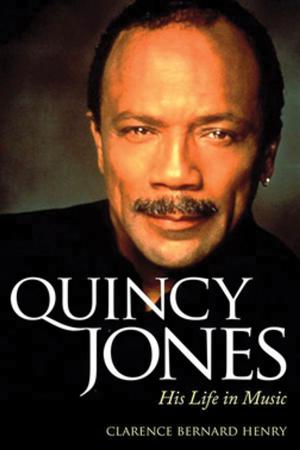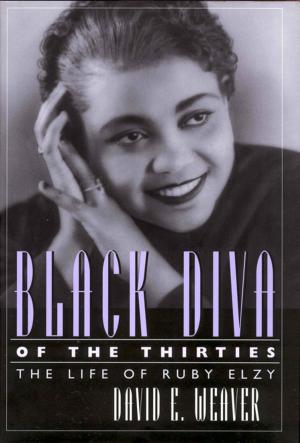| Author: | Sharon Mazer | ISBN: | 9781604736557 |
| Publisher: | University Press of Mississippi | Publication: | February 1, 1998 |
| Imprint: | University Press of Mississippi | Language: | English |
| Author: | Sharon Mazer |
| ISBN: | 9781604736557 |
| Publisher: | University Press of Mississippi |
| Publication: | February 1, 1998 |
| Imprint: | University Press of Mississippi |
| Language: | English |
Professional wrestling is often seen as a suspect sport and marginal entertainment. It is also one of the most popular performance practices in the United States and around the world, drawing millions of spectators to live events and televised broadcasts. That its display of violence is at once simulated and actual is part of the appeal for the fans who debate performance choices with as much energy as they argue about their favorite wrestlers. Its ongoing scenarios and presentations of manly and not so-manly characters--from the flamboyantly feminine to the hypermasculine--simultaneously celebrate and critique, parody and affirm the American dream and the masculine ideal.
This book looks at the world of professional wrestling both from the fan's-eye-view high in the stands and from the ringside in the wrestlers' gym. It begins with a look at the way in which performances are constructed and sold to spectators, both on a local level and in the "big leagues" of the WWF and the WCW. A close-up view of a group of wrestlers as they work out, get their faces pushed to the mat as part of their initiation into the fraternity of the ring, and the dream of stardom follows. The second half of the book explores professional wrestling's carnivalesque presentation of masculinities ranging from the cute to the brute, as well as the way in which the performances of women wrestlers almost inevitably enter into the realm of pornographic. Finally, it explores the question of the "real" and the "fake" as the fans themselves confront it.
The game of wrestling may indeed be fixed, but no more so than the game of life. The real power may rest with the invisible money men, but at least in the arena, fans know the rules by which this particular game is played and are free to insist that the action meet their expectations.
Sharon Mazer is coordinator of the drama program and lecturer in theatre studies at the University of Canterbury in New Zealand.
Professional wrestling is often seen as a suspect sport and marginal entertainment. It is also one of the most popular performance practices in the United States and around the world, drawing millions of spectators to live events and televised broadcasts. That its display of violence is at once simulated and actual is part of the appeal for the fans who debate performance choices with as much energy as they argue about their favorite wrestlers. Its ongoing scenarios and presentations of manly and not so-manly characters--from the flamboyantly feminine to the hypermasculine--simultaneously celebrate and critique, parody and affirm the American dream and the masculine ideal.
This book looks at the world of professional wrestling both from the fan's-eye-view high in the stands and from the ringside in the wrestlers' gym. It begins with a look at the way in which performances are constructed and sold to spectators, both on a local level and in the "big leagues" of the WWF and the WCW. A close-up view of a group of wrestlers as they work out, get their faces pushed to the mat as part of their initiation into the fraternity of the ring, and the dream of stardom follows. The second half of the book explores professional wrestling's carnivalesque presentation of masculinities ranging from the cute to the brute, as well as the way in which the performances of women wrestlers almost inevitably enter into the realm of pornographic. Finally, it explores the question of the "real" and the "fake" as the fans themselves confront it.
The game of wrestling may indeed be fixed, but no more so than the game of life. The real power may rest with the invisible money men, but at least in the arena, fans know the rules by which this particular game is played and are free to insist that the action meet their expectations.
Sharon Mazer is coordinator of the drama program and lecturer in theatre studies at the University of Canterbury in New Zealand.















